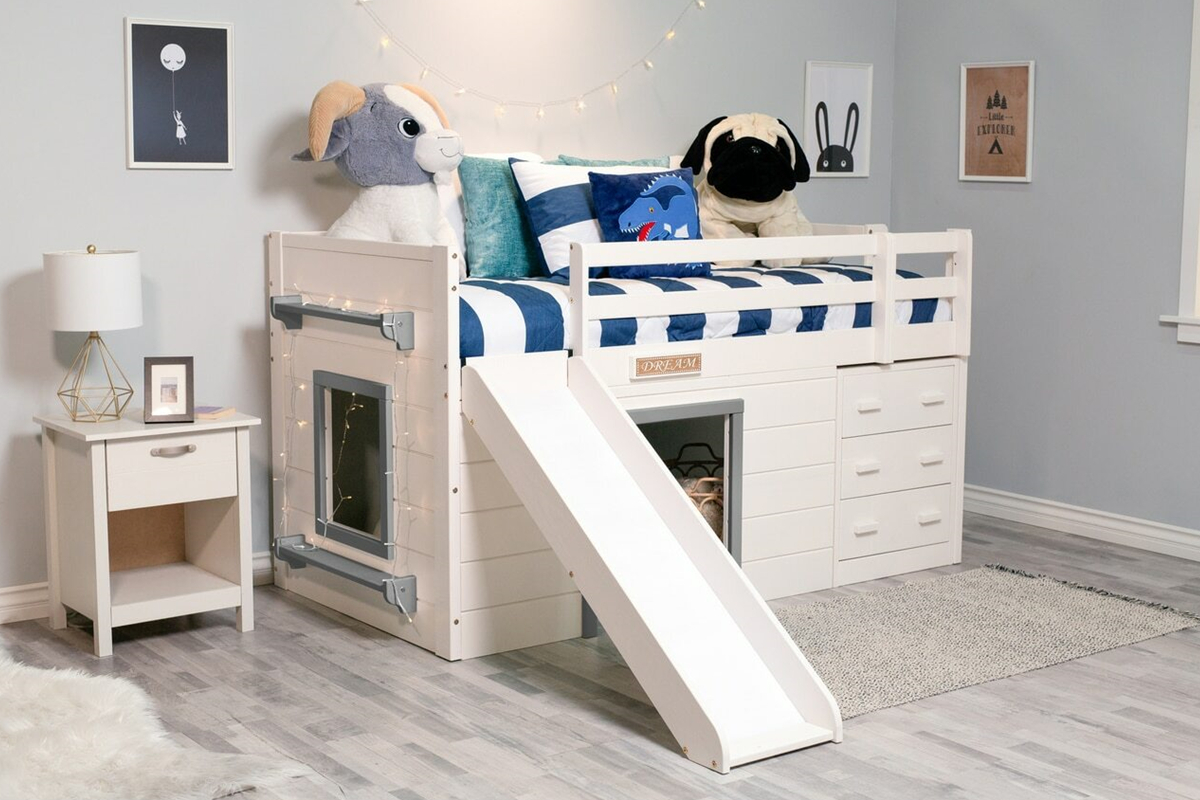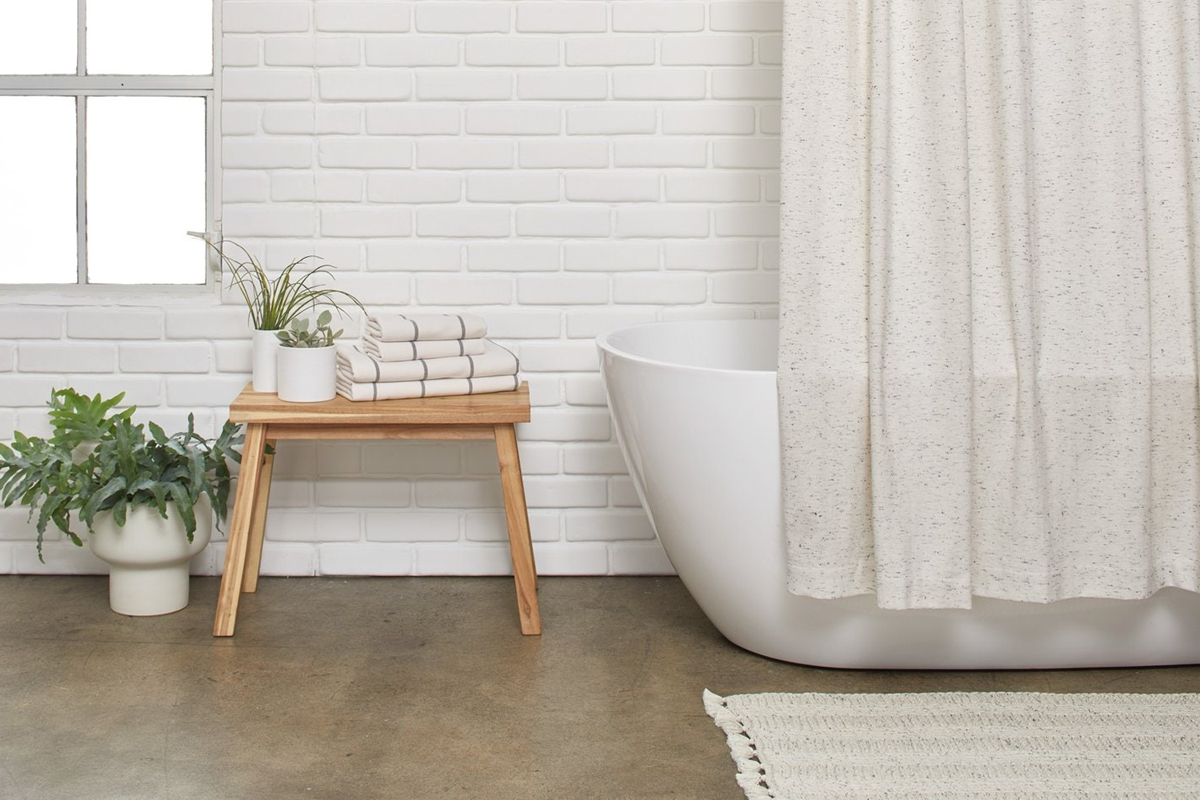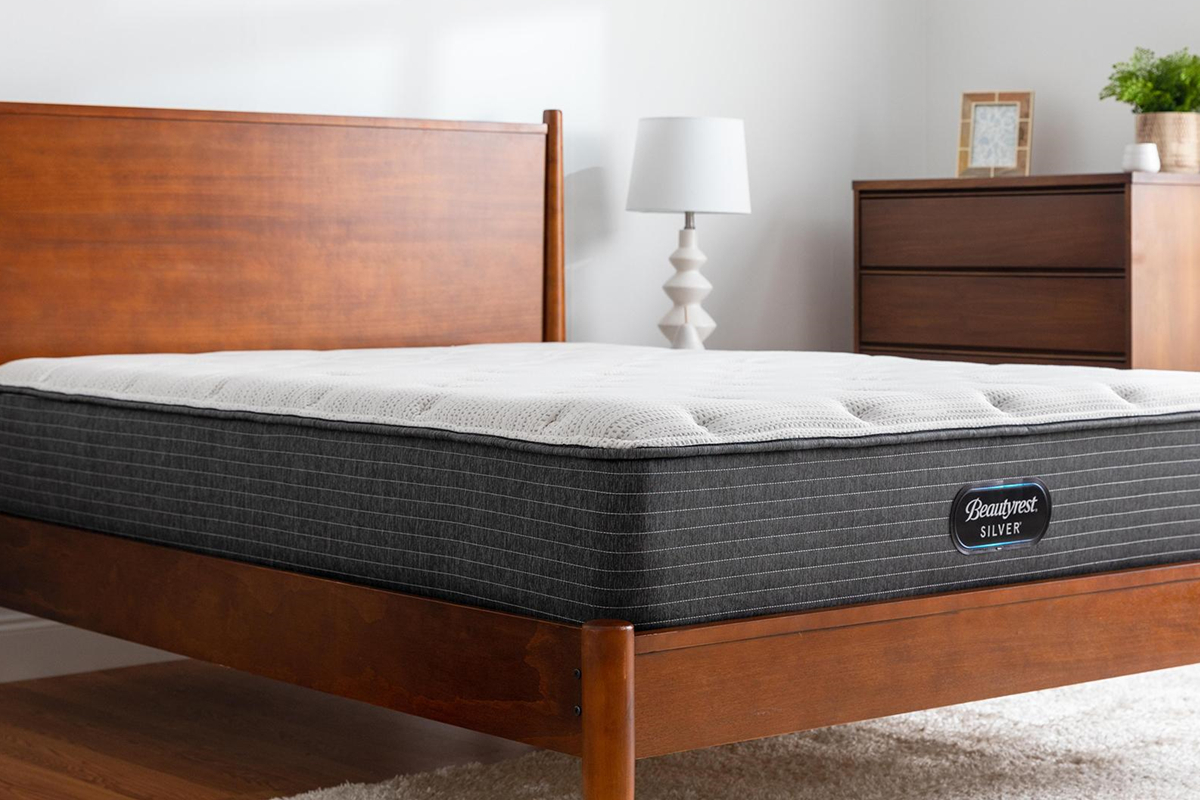A refrigerator is a metal box that cools food and drinks. It contains a motor, which turns a fan to circulate cold air from the freezer through the fridge. A refrigerator is an essential appliance in any kitchen. When it comes to buying a refrigerator, there are many things to consider. The following are things to consider when purchasing a refrigerator.
1. ENERGY STAR EFFICIENCY RATING
Refrigerators with the Energy Star efficiency rating consume at least 20% less energy than standard models. Look for this symbol on the Energy Guide label.
2. CYCLE TYPE AND NUMBER OF CYCLES
Top-and bottom-mounted freezers may be more energy efficient; top-mounted freezers use up to 10% less power than bottom-mounted models. Side-by-side units often make more efficient use of space and keep foods colder with the less frequent opening of the freezer, but they may cost more and aren’t necessarily more energy efficient than other types.

3. LOCATION
Choose a place with moderate room temperatures, away from heat sources like radiators, sunny windows, stoves, and direct sunlight. Also, avoid areas with high humidity or where water condensation might form outside the refrigerator.
4. SIZE
Refrigerators are sized according to how many cubic feet of space they have inside. Be sure you have enough room for the refrigerator you choose.
5. DOOR TYPE
Both glass and plastic doors absorb heat, so the glass is better at keeping food cold. If you buy a glass door model, make sure that the refrigerator has an anti-condensation system to stop water from collecting on the outside of the door (and dripping onto your floor). Look for double seals, which create an airspace between the door and the insulation to reduce heat transfer.
6. ODOR-FREE DESIGN
Some manufacturers make models with an odor-free design; these will keep food tasting fresh longer by controlling odors inside. Some units may compensate for this increase in moisture with a dehumidifying system that reduces humidity levels inside the unit. Some models also have a nonporous, anti-fingerprint finish to limit bacterial growth.
7. NOISE LEVEL
Choose a refrigerator that runs quietly. All refrigerators make some noise during the cooling cycle, but some are quieter than others. Models with rubberized feet tend to be quieter than those without them.
Hi~Living Deals from "The Grommet"







